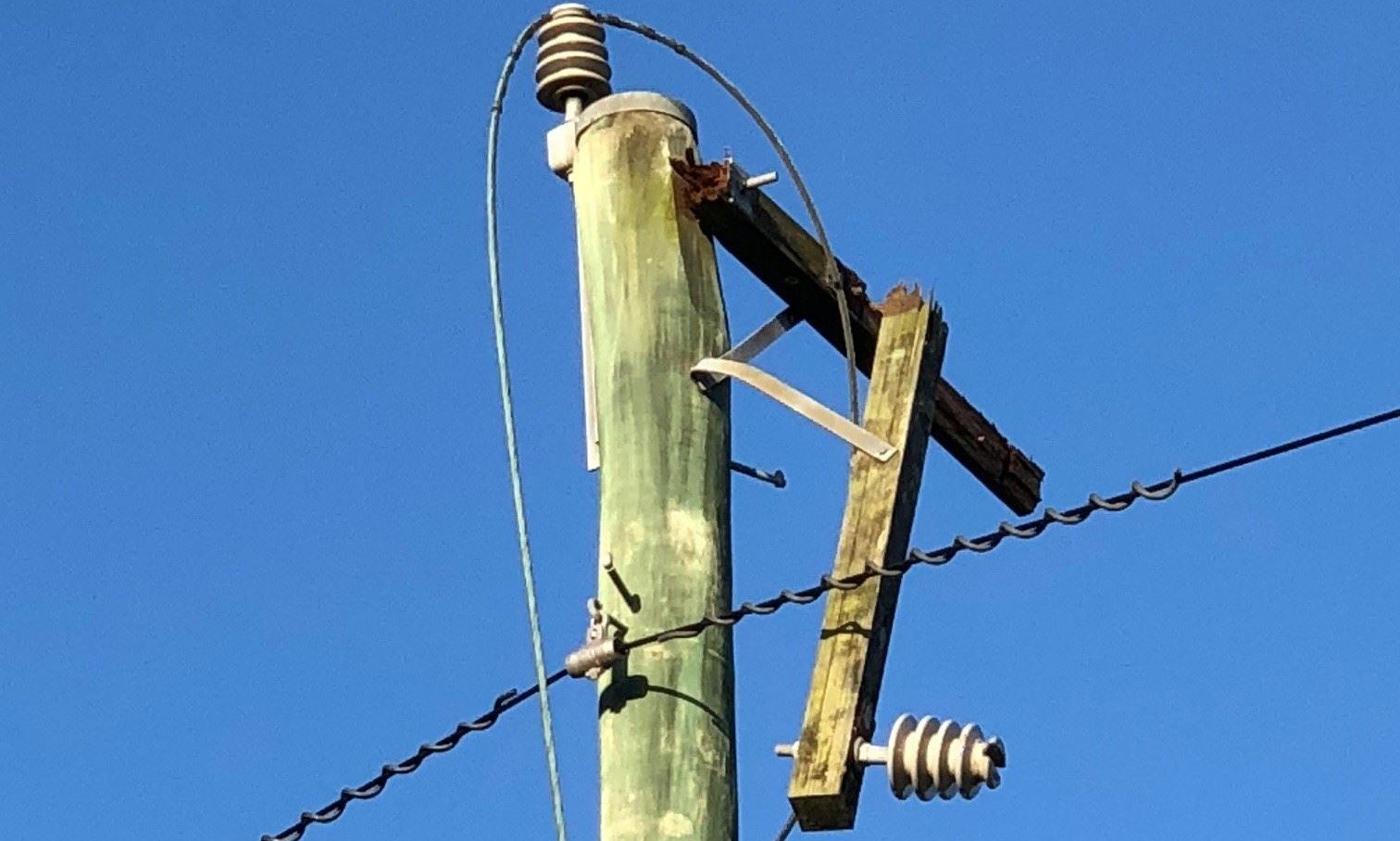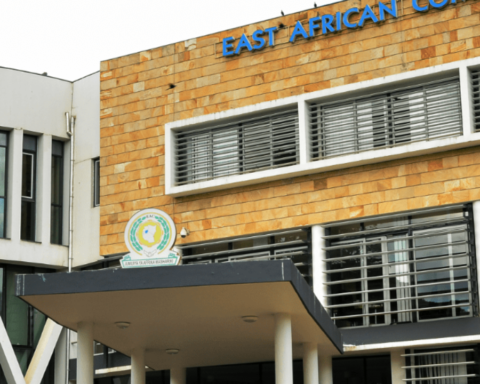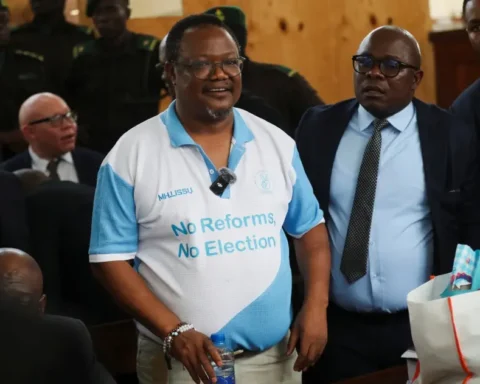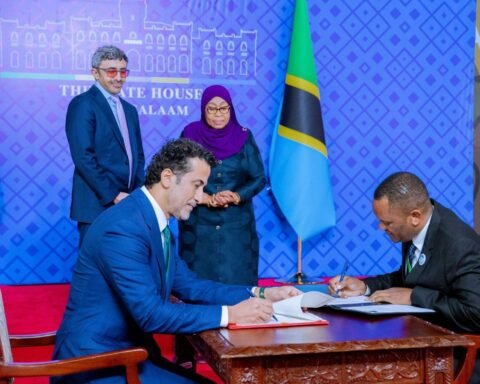A silent crisis is eroding Tanzania’s energy backbone—copper theft is on the rise, and its effects are devastating.
In 2024, the nation suffered over Sh700.5 million in losses after 63 electrical transformers were vandalized across the country. The primary motive: theft of valuable copper wires hidden inside the units. The impact wasn’t just financial. Families, hospitals, schools, and businesses were left in the dark.
According to officials, more than half of these attacks—36 out of 63—occurred in Mkuranga District, located in the Coast Region of Tanzania. Other affected areas include Morogoro (12 cases), Kilimanjaro (9), Iringa (2), Singida (2), and Kinondoni, a district within Dar es Salaam, which recorded 2 incidents.
The damage continued into 2025, with three more cases reported in Mkuranga during the first half of the year—adding Sh62 million in new losses.
Mr. Richard Damas, a senior security officer from the national utility, told Mwananchi on June 20, 2025, that vandals specifically target transformers to extract and illegally resell copper, which remains in high demand globally. He explained that each unit takes 3 to 7 days to replace, since many transformers are imported, causing power outages that interrupt daily life for thousands.
“These losses go beyond the hardware,” said Damas. “It’s lost income, lost services, lost trust in the grid.”
The economic implications are significant. Small businesses struggle with spoiled goods and interrupted operations. Clinics run on generators. Students fall behind due to lack of lighting. In remote areas, outages can last for days, deepening the burden.
Security forces have arrested several suspects, and some are currently undergoing legal proceedings. Authorities suspect insider involvement, especially in cases where newly installed but inactive transformers were targeted—suggesting knowledge of installation schedules and system vulnerabilities.
Also Read; Retained Earnings Tax Sparks Heated National Debate
To address this, local authorities are tightening operational protocols. Any transformer maintenance or replacement must now be officially announced to both law enforcement and local government offices. Unauthorized electrical work should be reported immediately by residents.
Tanzania is not alone in this crisis. According to global reports on metal theft, countries like South Africa, the UK, and even the United States face similar issues, with criminals exploiting high market prices for scrap copper.
Efforts are now being made to modernize infrastructure protection. Some proposed solutions include:
- GPS-tracking and tagging of transformers
- Closed-circuit television (CCTV) monitoring of substations
- Enhanced penalties for offenders
- Public education campaigns to raise awareness
Beyond the numbers, however, are the voices of ordinary people. “When power goes out, it’s not just lights,” said one resident of Mkuranga. “It’s food, safety, business, even school for our children.”
As Tanzania’s electricity sector expands to meet growing demand, officials stress the need for community collaboration. Citizens, they say, must act as the first line of defense.
In a nation eager for industrial growth and better standards of living, vandalism remains a costly barrier. Each stolen copper wire is more than just metal—it’s a stolen chance at progress.







